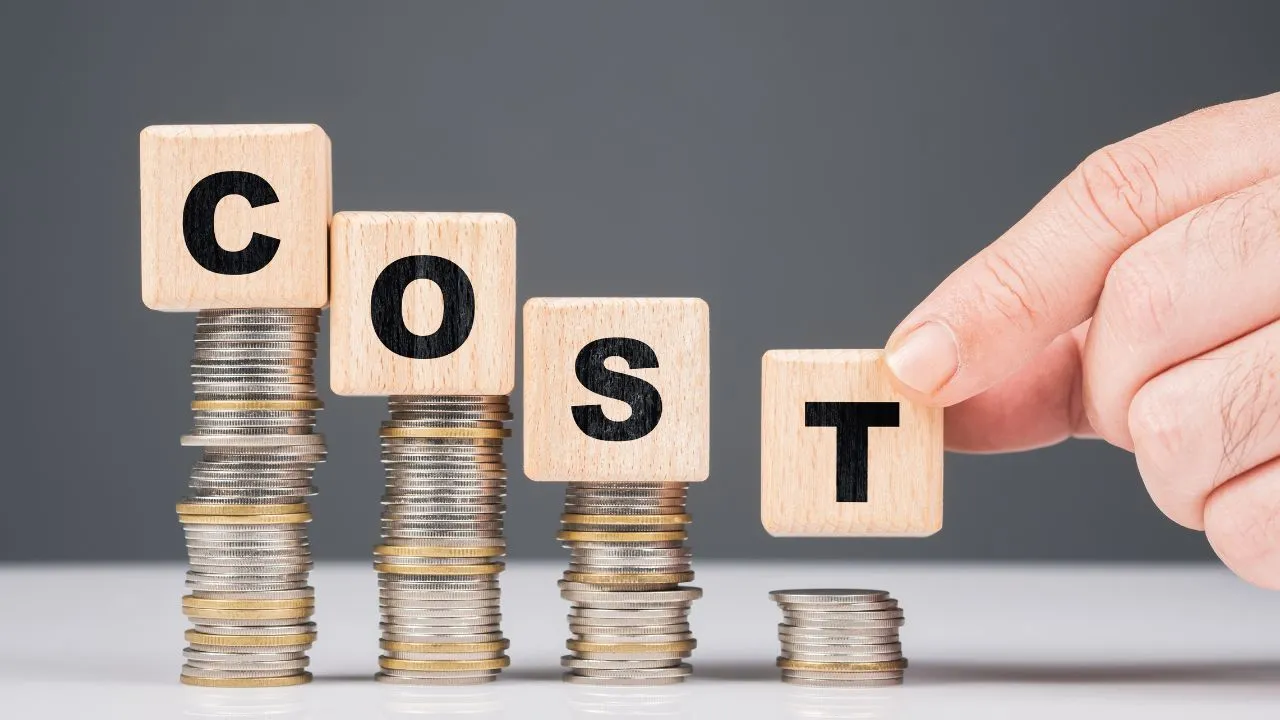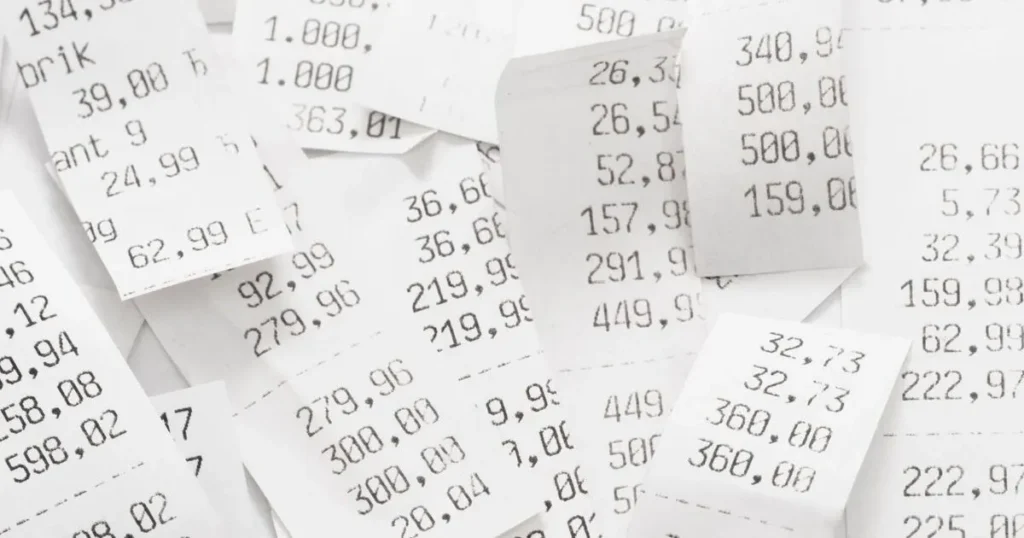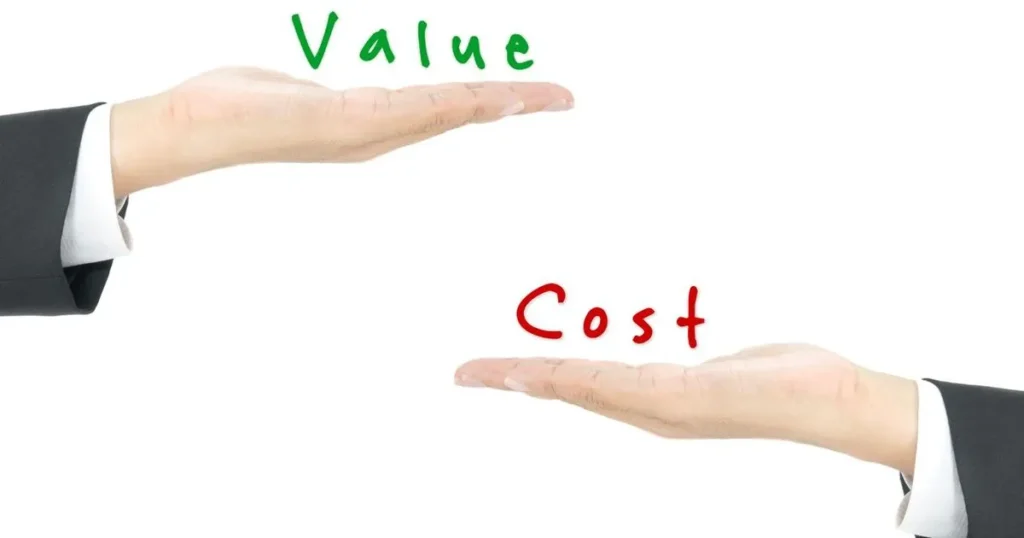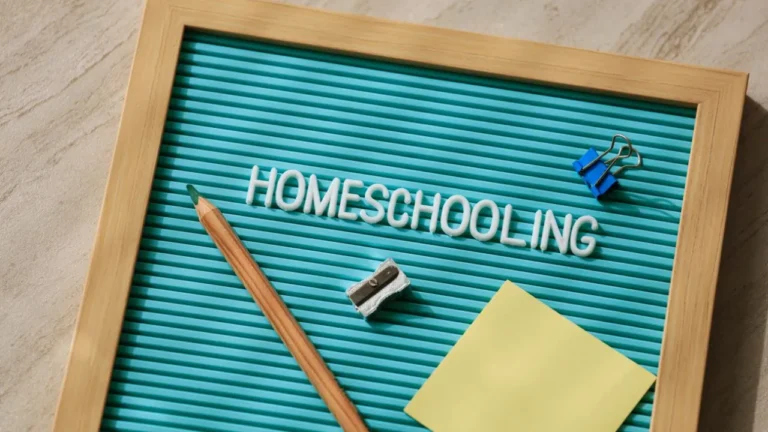Parents Need To Know The Financial Impact of Homeschooling

Welcome, parents, to a topic that’s both timely and crucial—the financial impact of homeschooling. The educational landscape has seen a seismic shift, especially since the onset of the COVID-19 pandemic.
Case in point: As of the 2020-2021 academic year, homeschooling households surged to an eye-opening 11.1%. And let’s face it, For many of you, homeschooling is no longer just a pandemic-induced necessity but a genuine preference for your child’s educational journey.
So, what does it cost to homeschool your child? Or if you’re planning on a full-family affair, what goes into homeschooling your children? The answer isn’t just academic; it’s financial. From curriculum and technology to potential tax breaks, there’s a lot to unpack here.
Making the leap into homeschooling isn’t just about the commitment to teaching; it’s about understanding the dollars and cents. You’ll need a plan, a robust, foolproof financial plan, to navigate this unique educational pathway.
Let’s explore together, shall we?
Free Homeschool Your Child: Fact or Fiction?
Homeschooled: a term that’s becoming more popular as parents are looking for personalized educational experiences for their kids. But the question remains: Is it possible to homeschool for free? Short answer—no, but it can be economical.
Many factors contribute to the cost of homeschooling, including curriculum materials, technology needs, and extracurricular activities. However, open-source materials, online courses, and even local community resources can help mitigate these costs. Yet, some financial investment is almost always required.
So, free? No. Affordable? Absolutely!
Cost-Effectiveness of Homeschooling
Let’s get down to the nitty-gritty. How does the cost of homeschooling stack up against other educational options, such as public school or private school? The average annual cost for public schooling in the United States per student is around $12,756, while private schools can cost upwards of $25,000. In comparison, homeschooling costs can vary widely, but they tend to range between $500 to $1,200 per child per year.
Consider this: in public school, free education is offset by taxes, and “hidden costs” like school supplies and lunch money can add up. Private schools often have tuition, uniforms, and additional fees. Homeschooling requires an upfront investment in materials and ongoing costs for activities and perhaps tutors. But remember, you also gain the freedom to customize the child’s education, which for many, is priceless.
So is homeschooling cost-effective? Depending on your situation, it certainly can be.
Tax Credits for Homeschooling: Yay or Nay?
Tax benefits can be a joy to have, right? The prospect of a tax credit for homeschooling often piques the curiosity of families venturing into this educational realm. So let’s clear the fog: At the federal level, there’s no dedicated tax credit or deduction solely for homeschooling. Bummer, I know. Federal tax laws just don’t extend that olive branch to homeschoolers.
But before you shake your head in disbelief, there’s a glimmer of hope. State-level policies can offer a brighter outlook. A handful of states indeed choose to homeschool and go the extra mile to offer tax credits or deductions.
These are designed to lighten the financial load for homeschool families. It’s not universal across all states, but it’s something. States like Illinois and Minnesota, for example, offer specific tax credits for educational expenses, including those incurred while homeschooling.
Now, there are other nooks and crannies in the tax world where you can catch a break. You might be able to claim general educational expenses under existing tax credits like the Child and Dependent Care Credit. Remember the golden rule: always consult a tax professional to navigate this intricate maze. Tax laws are constantly changing, and the last thing you want is an unpleasant surprise come April.
And let’s get practical here; maintaining scrupulous records of your homeschooling expenses isn’t just a good idea—it’s imperative. Whether it’s curriculum materials, technology tools, or even that field trip to the science museum, keep those receipts. When it’s time to sit down with your tax advisor, this paper trail could become your best friend.
So, federal tax benefits for homeschooling? Sadly, no. State benefits? It’s like a scratch-off lottery ticket; you might just hit the jackpot.
In essence, the tax scenario for homeschoolers is neither entirely gloomy nor decidedly sunny. It resides in a realm of grey, sprinkled with opportunities that require keen attention and proactive action.

Getting Paid to Homeschool: Reality Check
The next burning question: Do you get paid if you choose to homeschool your kids? Generally, the answer is no. There’s no government grant handed to parents to homeschool. Often, it requires one parent to either work part-time or not at all, which is an indirect cost that many families are willing to bear to ensure personalized education for homeschooling their children.
However, in some instances, states offer stipends for educational materials. But these are generally the exception and not the rule.
Getting paid to homeschool? Not likely, but every rule has its exceptions.
Ways To Save Money On Homeschooling: Your Financial Game Plan
Worried about how much homeschooling costs compared to traditional school? Breathe easy; homeschooling can fit snugly into your financial picture with a bit of planning and creativity. Let’s dive into the smorgasbord of options that can take the edge off your homeschool expenses.
Maximize Your Savings: 10 Strategies to Offset the Costs of Homeschooling
Snag Those Deals: Timing is Money
Sure, the benefits of homeschooling extend beyond academics, but let’s face it—costs are expensive in many aspects. Take advantage of back-to-school sales and tax-free weekends to stock up on supplies. These little savings add up, especially when you have multiple school-age kids. Every dollar saved on school fees is a dollar you can allocate elsewhere.
Leverage State Benefits: A Game-Changer for Families
Here’s a thought—your state might offer the fiscal relief you crave. Many families that homeschool overlook this. We’ve talked about state-level tax deductions, right? If you’re in a generous state, this option removes a huge financial burden. Claim it, it’s yours.
Budget-Friendly Curriculum: Find Hidden Gems
The homeschool curriculum often devours the lion’s share of your home school budget. But don’t fret; affordable, even free, options exist. Attend or host curriculum swaps, or explore open-source options online. It’s like a treasure hunt for your kid’s independent education.
The Hand-Me-Down Approach: One Buy, Many Uses
Got multiple children? Opt for a long-lasting curriculum. Imagine buying it once and passing it down through the years. Makes sense, doesn’t it?
Libraries: Your Unsung Heroes
Don’t underestimate the power of your local library. A library card can be your MVP in cutting down homeschooling costs. From free learning programs to rental resources, libraries offer a wealth of knowledge without the hefty price tag.
Season Passes: Bulk Savings for Experiential Learning
Love those field trips to museums, science centers, and even zoos? Consider season passes or bulk tickets. Regular visits for a fraction of the price? Yes, please!
The Online Wonderland: Learning Beyond Boundaries
Think outside the classroom. Free online resources like YouTube tutorials, educational podcasts, and dedicated websites enrich your homeschool experience. They’re just a click away and free!
Virtual Exploration: The World at Your Fingertips
Can’t go globetrotting? No worries, let the world come to your screen. Virtual field trips and online museum tours are a win-win—they’re both educational and free.
Real-Life Skills: The No-Cost Curriculum
Here’s the deal, Life skills are invaluable, and they’re free! Include cooking, budgeting, and even basic car maintenance in your lesson plans. Experience, they say, is the best teacher.
Supplement with Free Courses: Add Flair Without the Fare
Rounding out your main curriculum with free or low-cost online courses keeps things fresh. Think of it as “Curriculum Plus”—minus the extra costs.
Opting for homeschooling can be a liberating yet daunting decision, financially speaking. Implement these strategies, and you’ll find that an exceptional homeschooling experience doesn’t have to break the bank.
Plan, Plan, Plan!
Last but not least, start each academic year by sketching out a budget. Your financial compass should include wiggle room for those unexpected costs to homeschool that life loves to throw at you.
So there you have it—homeschooling need not be a financial mountain to climb. With some planning, creativity, and at least one parent spearheading the financial strategy, it’s more like a molehill.

Hidden Costs of Homeschooling: Unveiling the Price Tag
So, you’ve decided to homeschool their children, or perhaps you’re still considering homeschooling. While at first glance, you might think, “How much does it cost? Surely, it’s cheaper than private school tuition!” you’d be half-right. The costs associated with homeschooling can be a maze of unexpected expenses that aren’t immediately obvious. Let’s dive in, shall we?
Curriculum Costs: More Than Just Books
Yes, you can find free resources online, but let’s be real. A comprehensive, grade-specific curriculum often comes with a price tag. If you’re eyeing that deluxe science or math package, you might be shelling out upwards of $1,000. Got kids in different grades? That number multiplies. The cost of the curriculum isn’t just a one-time expenditure; it’s a recurring theme every school year.
Transportation: The Hidden Gas Guzzler
Don’t assume you’ll be hibernating at home all year. Teach their children and transport them to co-ops, museums, and educational field trips—it’s part of the package. Each mile on the odometer is a dent in your monthly budget. Before you know it, you’re not just a parent and teacher; you’re also a chauffeur.
Supplies: Not Just Pen and Paper
Forget just the basics like pencils and paper. We’re talking microscopes for science experiments, paintbrushes for art projects, and maybe even a musical instrument or two. The add-ons pile up, and these aren’t items you can always skimp on.
Food: Snack Attack!
Public schools often offer subsidized lunches. When your kids are home, however, the kitchen is the cafeteria. More time at home means more snacking—no surprise there. The grocery bill can escalate without you even noticing.
The Income Equation: Balancing Act
In many homes, one parent takes on the role of educator, which can be a huge financial burden for many if that parent was previously contributing to the household income. Single parents face an even trickier balancing act. The scales tip between earning an income and educating your child.
Remote Work: Double-Edged Sword
Sure, working from home could be a workaround. But don’t forget the extra costs—home office setup, higher internet bills, and cloud storage fees aren’t negligible. Remote work can be both a solution and an added expense.
Homeschooling is an adventure, not just academically but also financially. The costs aren’t always upfront and can sneak up on you if you’re not vigilant. Budget wisely, plan meticulously, and above all, embrace the journey—hidden costs and all.
Final Thoughts: Balancing the Scales of The Financial Impact of Homeschooling
So, you’ve ventured deep into the financial mechanics of homeschooling, and by now, you’re either keen to jump in or weighing your options cautiously. It’s a mixed bag, isn’t it? While it’s true that homeschooling parents bear the brunt of some added expenses, the benefits of homeschooling can often outweigh these costs.
In terms of numbers, the average cost of homeschooling per child, per year fluctuates between $700 and $1,800. Sure, that’s not pocket change. But remember, we live in a digital age overflowing with free and low-cost educational resources.
From open-source curriculums to interactive online platforms, there’s a treasure trove out there to explore. Plus, the beauty of communal sharing among homeschooling families—whether it’s textbooks or art supplies—can significantly lighten your financial load.
If you’re just dipping your toes into the homeschooling waters, brace yourself for an initial investment of time, not just money. The research phase is a rite of passage. We’re talking about combing through forums, sifting through expert advice, and perhaps most enrichingly, learning from other parents who’ve been there and done that.
The initial steps might seem overwhelming, but don’t fret! There’s a vibrant community of seasoned homeschoolers who are often more than willing to guide newcomers through the steps.
Comparatively, the public school system, though generally funded by taxpayers, brings along hidden expenses and fewer customization options for your child’s education. When you factor in these considerations, homeschooling’s financial implications become less daunting, and its advantages even more appealing.
In summary, the cost of homeschooling is not just a financial equation; it’s an investment in tailored, quality education. Each dollar spent holds the promise of a more personalized, more enriching, and ultimately more rewarding educational experience for your child.






